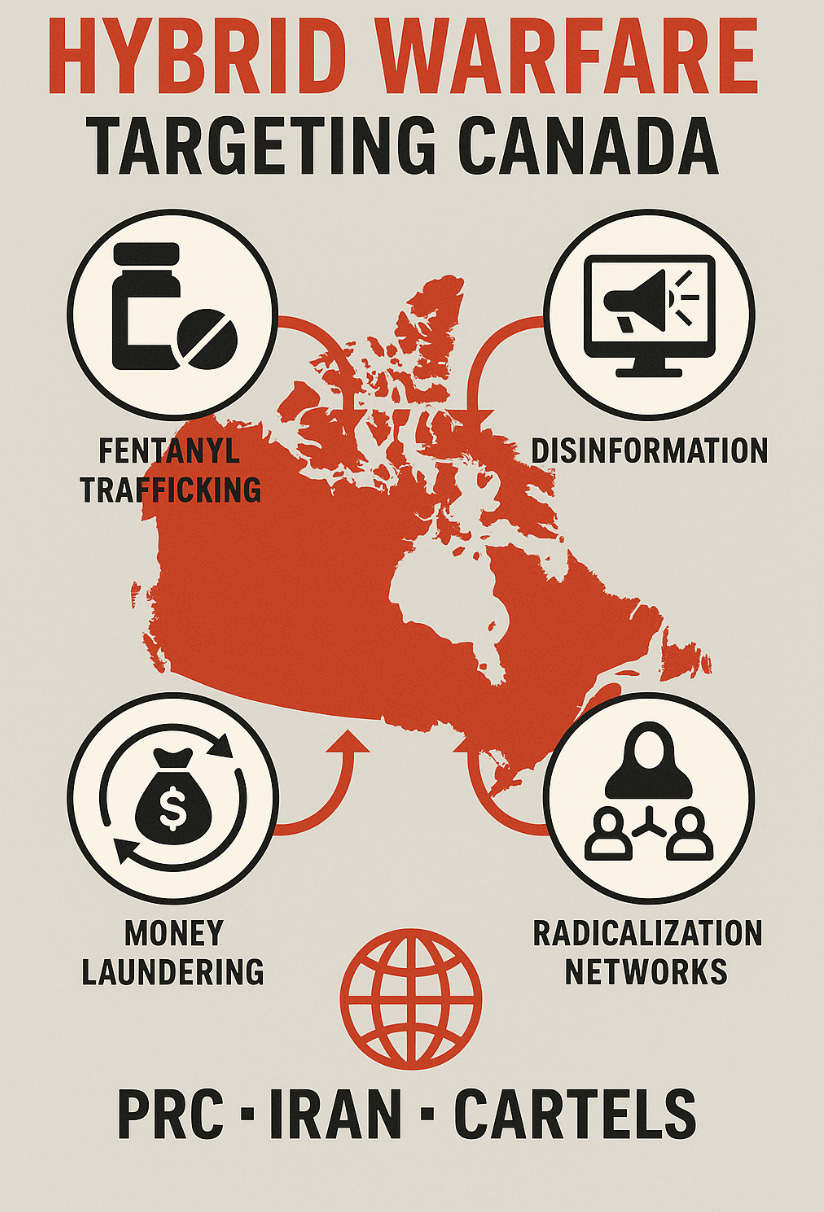‘No Room for Spectators’: Veteran RCMP Investigator Warns of Coordinated Hybrid Warfare Targeting Canada
OTTAWA — Fentanyl overdoses. Dirty money flooding real estate. Election interference. Foreign-backed antisemitism igniting across Canadian campuses. These are not isolated crises, warns Calvin Chrust…




